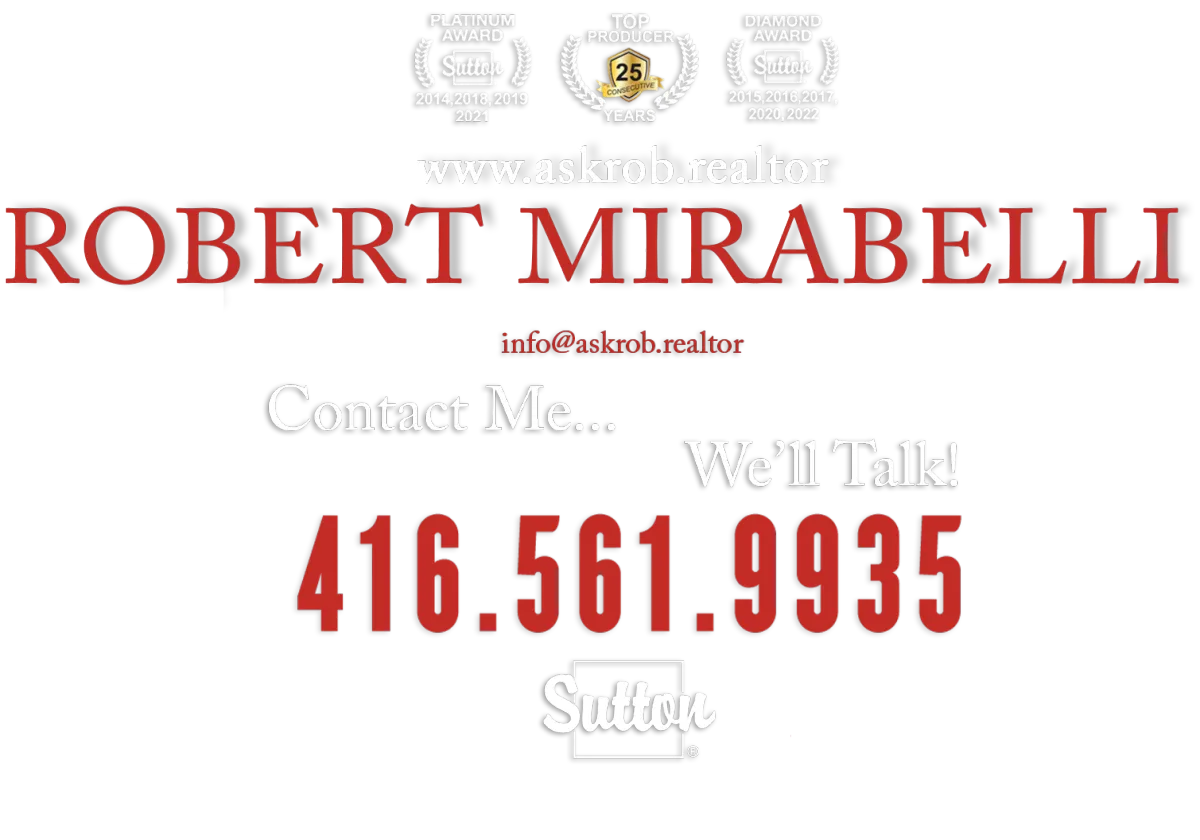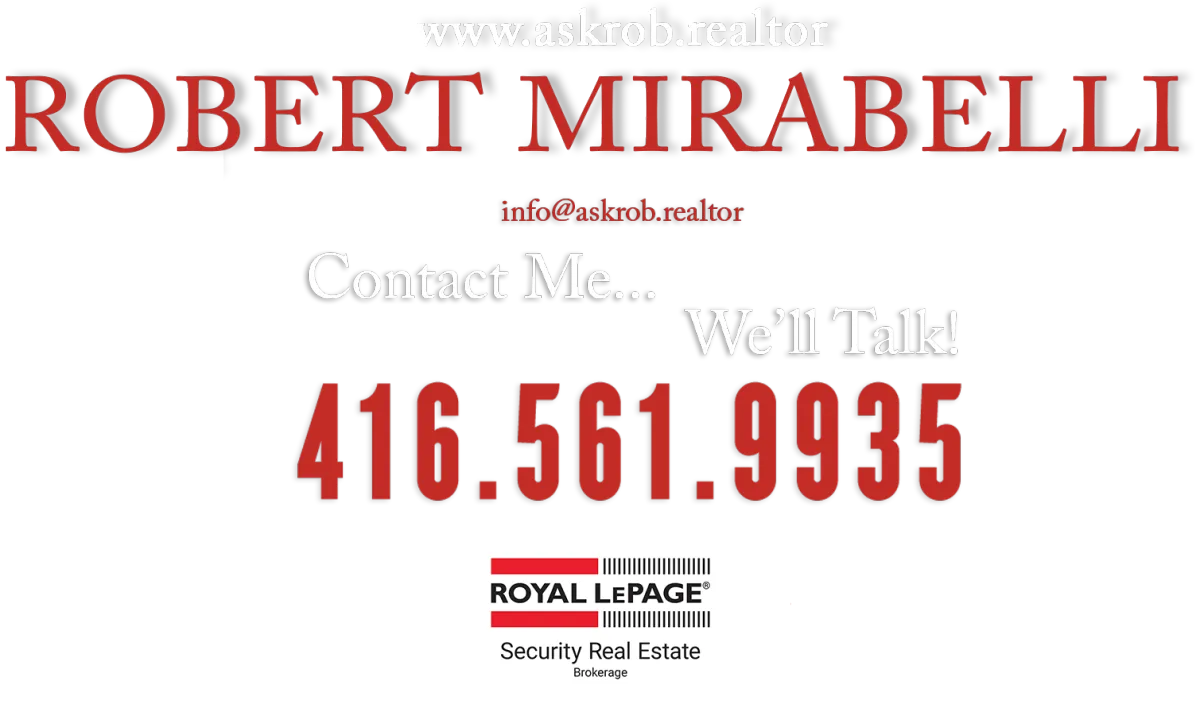Seller Information
In today’s market, many homeowners have considered “going it alone” and selling their homes without the help of a REALTOR® to “save the commission.” However, once they realize how complex and intimidating a real estate transaction can be, many people reconsider and enlist the services of a REALTOR®. It requires an organized, step-by-step approach that many homeowners just don’t have the time, skill or experience to carry out.
A REALTOR® provides a variety of services including help in setting a listing price within current market guidelines. They develop a marketing plan, offer recommendations and advice to make your home more attractive and “saleable,” and act on your behalf during negotiations to ensure your interests are protected.
Another advantage of working with a REALTOR® is the far-reaching market exposure your home will receive through the Multiple Listing Service® (MLS®). This co-operative marketing system relays information about your home to a vast network of REALTORS® and therefore, potential homebuyers in your market. The greater the exposure your home receives, the more likely you are to find a buyer willing to pay your price.
Selling your home is not a simple procedure. It involves large sums of money, stringent legal requirements and the potential for costly mistakes. A REALTOR® is committed to spending the time it takes to help you sell your home in the least amount of time and for the best possible price.
A REALTOR® must disclose to you in writing, who exactly they represent in any real estate deal. A REALTOR® may represent a buyer or a seller; they may also represent both buyer and seller in the same transaction. Your listing REALTOR® is, in law, your agent. An agent owes his or her client the duties of utmost care, integrity, confidentiality and loyalty. Make sure you discuss agency with your listing REALTOR®.
The process of selling a home with a REALTOR® starts with the Listing Agreement. It’s a contract between you and the brokerage company that the agent represents. It is a framework for subsequent forms and negotiations. It’s important the agreement accurately reflects your property details and clearly spells out the rights and obligations of all parties. Both you and the listing agent sign the listing agreement and each receive a copy. The agreement binds both parties to its terms and conditions.
Generally, in the agreement you appoint the brokerage company as your agent and give its representatives the authority to find a purchaser. The duration of the agreement is indicated, and the compensation is specified. The agreement also sets out the listing price, and accurately describes the property you are selling. That will include the lot size, building size, building style and materials, floor areas, heating/cooling systems, room sizes and descriptions.
This is when you must also decide what you are taking with you and what you are leaving with the house. Generally, unless stated otherwise, fixtures remain with the property, while chattels — things which are movable — aren’t included in the sale. If necessary, what stays and what goes are listed under “inclusions” or “exclusions.”
Finally, the Listing Agreement also details the financial conditions of the property, including the mortgage balance, mortgage monthly payments and the mortgage due date. It should also provide information about annual property taxes; and references for any easements, rights of way, liens or charges against the property.
Ask your listing REALTOR® about disclosure, which is a seller’s obligation to disclose facts about properties for sale. The buyers will need to know material facts about the property – that is, anything that could materially affect the sale price or influence a buyer’s decision to buy it. A major cause of post-sale disputes and lawsuits center around defects and disclosure, but most disputes can be avoided if proper disclosures are made. Intentionally withholding information about a property when selling it can have serious legal consequences.
Another advantage of listing with a REALTOR® is that only a REALTOR® is able to place your listing on the MLS® or Multiple Listing Service®. When you decide your listings will be on the Multiple Listing Service®, the information about your property is shared with all other REALTORS® through the MLS® system, and all REALTORS® have the opportunity to sell your property. This type of cooperative effort will result in the listing agent offering compensation to the selling agent. Your property gains more exposure, because it reaches the majority of the real estate professionals in your community.
There’s another benefit of dealing with a REALTOR®. Through REALTOR.ca, the national property website, participating local real estate Boards can also advertise listings to potential buyers across Canada and around the world.
Another major issue for anyone selling a property is how much to ask for. Although you may have an idea of how much your house is worth, it’s important to have your home valued by a professional on its own merits. Be careful not to price your property too high or too low. If it’s too high, there’s no sale; too low and you lose on your investment.
A REALTOR® has the research and expertise to provide a market assessment of what similar properties in your area have sold for. They can also provide information on market history, such as the number of properties sold in your community the previous month or year.
A REALTOR® also has a number of marketing tools and options to promote your property. First is the REALTOR.ca web site, which attracts more than a million unique visitors a month. It shows the details of your home to local, regional or national buyers looking for a property in your community.
Your REALTOR® may also recommend an open house as a marketing strategy. There are two types: first is an agent’s open house, where sales representatives from the listing company will be invited to view your house. If you have signed an MLS® agreement, other REALTORS® may also be invited. Remember, each of these REALTORS® may have a prospective buyer. The second type of open house is a public open house, where members of the public are invited to walk through your home and have a look. It’s an efficient way to show your home to many potential buyers at once. The listing agent will act as host, answering any questions.
You and your listing agent will pick the time and date for an open house. In order to give the agent access to your home, you may wish to keep a key at his or her office, or in a lockbox. It’s also a good idea to ensure that any valuables are put away in a safe location, then leave while the open house is underway. If you do stay, be sure to keep out of the way, and turn off any TVs or radios to let the agent and the buyer talk in peace.
Needless to say, clean counts with open houses. A general rule is that clean, uncluttered and well-lit spaces look larger and more attractive. People will naturally want to buy a house that is clean and well cared for.
Sometimes a home doesn’t sell right away. Avoid the urge to pull your home off the market… be persistent! Generally, there are three reasons why a home may not sell as fast as others. First is location; second is condition; third is the asking price. Naturally, you can’t change your home’s location, but you can fix the condition of your home and you can, of course, adjust your price. Throughout the listing process, you need to be constantly comparing your asking price against those of similar properties in your area. It may be time to adjust the price of your home.
Review your selling strategy regularly with your listing agent: Is your house being shown regularly? Are you receiving the feedback from prospective buyers? Are you in touch with the marketplace? Is your property competing well? If not, what else can you do?
Once a buyer is found, you’ll be receiving an offer that will detail how much, specify any conditions that may apply or be attached by the buyer, say when the buyer would like to take possession, and when the offer expires. As an act of good faith, the buyer will make a deposit with the offer.
You don’t have to accept the offer as is. You may wish to make a counter offer that comes part-way to meeting the offer’s conditions. The counter offer is one more step along the way to negotiating the final terms and conditions of the sale. The offer, once signed by everyone, is a binding contract. Make sure you understand and agree to all of the terms in the document. You may want to have it reviewed by your lawyer before signing.
Before closing, especially if the buyer makes it a condition of sale, you may be asked to provide a current survey, or a “real property report,” showing the location of the house is on the property owned by you and that there are no encroachments. You may also have to prove that you have title to the property (the buyer’s lawyer will check this out when he or she conducts a title search to see if there are any liens on the property, easements, rights of way or height restrictions). Especially in rural areas, you may also be asked to provide a certificate for a well or septic system, stating the system meets local standards.
The buyer may also make the purchase conditional on an inspection by a qualified engineer or inspector.
Then on or before closing day, lawyers representing you and the buyer will set up a trust account for the money coming from the sale and will pay off any mortgages you owe on the property. After these are paid, you will receive any money you have coming from the sale. You must deliver the property deed or transfer documents, mortgage details and keys to your lawyer. Your lawyer will register the mortgage discharge and transfer the deed at closing,
Your lawyer should also ensure that you receive compensation for prepaid expenses such as, property taxes, electrical or gas bills, or if applicable, any heating oil left in your tank. Some lenders will make it possible for your mortgage to be portable, so you can take your mortgage with you when you move to your new home.
Here, your responsibilities under the listing agreement end. You’ll have paid your listing agent the agreed-upon compensation. This can be done by your lawyer who can arrange the payment from the proceeds of the sale. In some provinces, including Quebec, notaries perform the same role in the real estate transaction as lawyers do in other provinces. If you have any questions, check with a REALTOR®.
The sale of property is a complex business transaction. There are distinct advantages to having a REALTOR® who is well-educated, knowledgeable, and experienced. A REALTOR® also has access to an array of services, including the Multiple Listing Service®, which can provide you with instant, thorough and accurate property information.
(The comments contained on this site are for information purposes only and do not constitute legal advice.)
Information kindly take from http://www.realtor.ca/StaticPage.aspx?f=Selling




